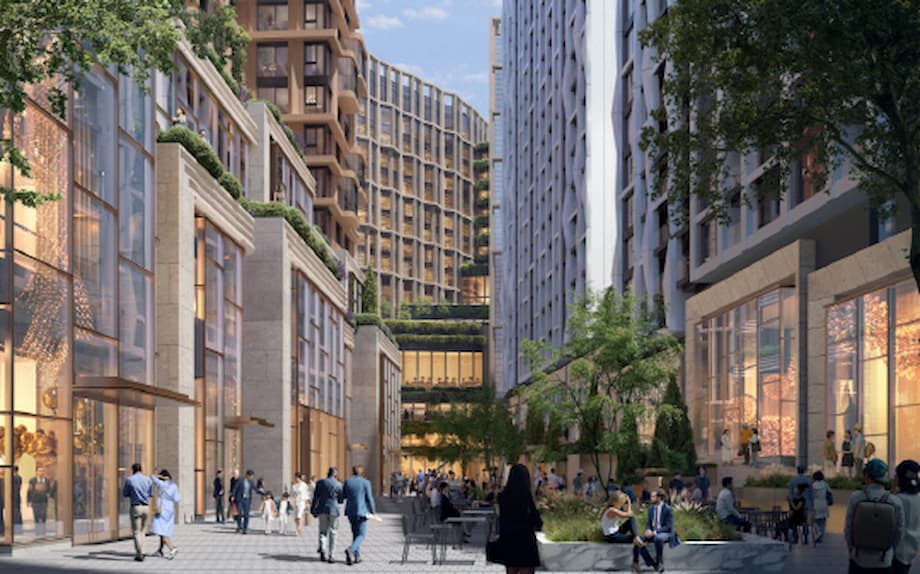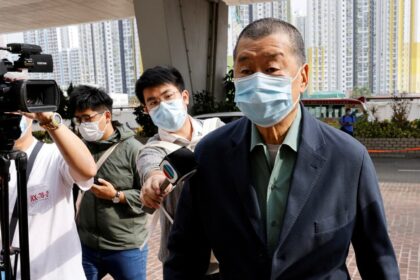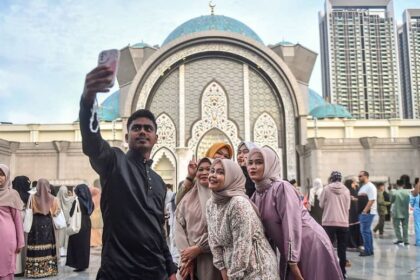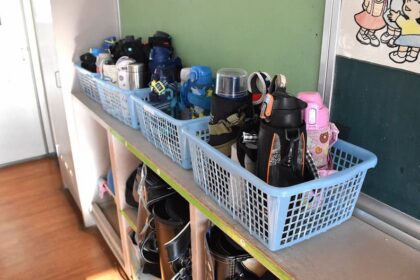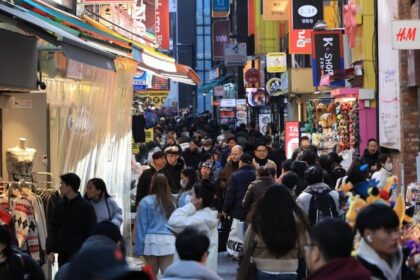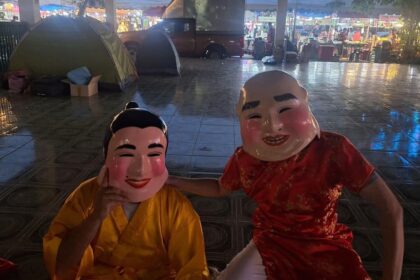Seoul’s Hotel Renaissance: A New Era of Luxury and Investment
Seoul, once considered a city with a shortage of true luxury hotels, is now at the center of a hospitality renaissance. The South Korean capital is witnessing an unprecedented influx of global luxury hotel brands and a surge in foreign investment, transforming its skyline and redefining its status as a premier destination for both international travelers and affluent locals. This dramatic turnaround comes just a few years after the COVID-19 pandemic forced many hotels to shutter or repurpose their properties, with some even converted into office spaces. Today, the city’s hotel sector is not only recovering but thriving, fueled by a robust rebound in tourism and a wave of high-profile real estate deals.
Tourism Rebounds, Demand Surges
The catalyst for this transformation is a remarkable recovery in inbound tourism. According to the Korea Tourism Organization, 8.83 million foreign visitors arrived in Korea between January and June 2025, up by 1.12 million from the same period the previous year. This figure represents a 104 percent recovery compared to pre-pandemic levels in 2019, signaling that Seoul has regained its allure on the global stage. The city’s appeal is not limited to international tourists; a growing affluent domestic population is also driving demand for high-end hospitality experiences.
Luxury Brands Enter the Market
In response to this surge, an array of prestigious hotel brands are making bold moves into Seoul’s hospitality market. Among the most anticipated openings:
- Rosewood Seoul is set to debut at The Parkside Seoul, a development on the former United Nations Command site in central Seoul, in 2027.
- Capella Hotels & Resorts, renowned for its ultra-luxury positioning, will introduce Capella Residences Seoul in southern Seoul in the same year.
- Aman Group is entering Korea through its contemporary lifestyle brand, Janu, with properties planned for both Seoul and Jeju Island in 2027. Although the original plan for Janu Seoul near Seoul Station fell through, the property is now likely to be located in the upscale Cheongdam district.
- Mandarin Oriental will open its first Korean hotel at the Seoul Station development site by 2029.
- The Ritz-Carlton will return to Seoul, anchoring the redevelopment of the former Millennium Hilton Seoul site with a new flagship hotel set to open in 2031.
This influx of global brands is not only reshaping the city’s hospitality landscape but also raising the bar for service, design, and guest experience.
Foreign Investment: From Luxury to Mid-Scale
While luxury hotels grab headlines, foreign investors are increasingly targeting Seoul’s mid-scale and four-star properties. Improved profitability in this segment is a key driver. According to a recent report by global real estate firm JLL, revenue per available room (RevPAR) at mid-range and budget hotels in Seoul rose 23.4 percent last year, outpacing the 14.4 percent growth seen in luxury hotels. This trend is attracting a broader range of investors, from private equity giants to sovereign wealth funds.
“Foreign investors are lining up to inquire about investing in local hotel properties,” said a banker specializing in offshore investments.
“While foreign investors have traditionally focused on high-end hotels given their scale of investments, they are now expanding their interest to smaller, mid-scale properties as well.”
Recent high-profile deals include:
- Goldman Sachs co-acquired the Mercure Ambassador Hotel Hongdae, a four-star property in the vibrant Hongdae district, for 262 billion won ($187 million) in partnership with JB Asset Management. This marks Goldman Sachs’ first hotel investment in Korea.
- Singapore’s sovereign wealth fund GIC was selected as the preferred bidder to acquire three properties operated by Glad Hotel & Resort—Glad Yeouido, Glad Gangnam Coex Center, and Maison Glad Jeju—in a deal estimated at 600 billion won ($437 million).
- Hanwha Hotels & Resorts is in talks to acquire Paraspara Seoul, a five-star hotel and resort, for around 200 billion won ($144 million), further strengthening its luxury portfolio.
These transactions underscore the growing confidence of global investors in Seoul’s hospitality market and the city’s potential for long-term growth.
Landmark Developments: Transforming Seoul’s Skyline
Major redevelopment projects are at the heart of Seoul’s hotel boom, blending luxury hospitality with urban renewal. The most prominent example is the Iota Seoul project, a mixed-use development on the former Millennium Hilton Seoul site, led by IGIS Asset Management. The Ritz-Carlton will anchor this project, marking its return to Korea after a 15-year absence. The new hotel will occupy 58,400 square meters within a 39-story tower, designed by the renowned Foster + Partners. The broader project aims to transform the area between Seoul Station and Namsan, adding green spaces, luxury retail, and high-end offices, and reaffirming Seoul’s status as a leading city in the Asia-Pacific luxury hospitality market.
Other notable developments include the Capella Residences Seoul and Le El Upper House in Heonin Village, Naegok-dong. These resort-branded residences, developed in partnership with Capella Group, are set to become some of Asia’s most luxurious residential complexes. According to Bill Barnett, a leading expert in resort-branded residences,
“Heonin Village will set a new standard for luxury living in Asia and lead the trend for resort-branded residential complexes in Korea, driven by advanced consumer preferences and rapid lifestyle changes.”
Blending Local Culture with Global Luxury
Seoul’s new luxury hotels are not just about opulence; they are increasingly integrating local culture and design. For example, the interiors of many new properties blend traditional Korean elements with contemporary aesthetics, creating unique experiences that appeal to both international and domestic guests. The Capella Residences, for instance, preserve natural forests and offer resort-style housing with over 70% green space, emphasizing privacy and exclusivity.
Global Trends Shaping Seoul’s Hospitality Sector
Seoul’s hotel boom is part of a broader global trend in luxury hospitality. According to Bain & Company’s 2024 Luxury Report, the global luxury market is valued at €1.48 trillion, with luxury hospitality accounting for a significant share. While the personal luxury goods segment saw a slight contraction, luxury experiences—including high-end hotels—continue to grow as consumers prioritize travel and unique experiences over material possessions.
Key trends influencing the sector include:
- Personalization and Exclusivity: High-net-worth individuals seek bespoke services, private villas, and curated cultural encounters. Hotels are redefining luxury through authenticity, discretion, and unique moments.
- Sustainability: Many new hotels are implementing renewable energy, zero-waste programs, and sustainable materials, aiming to positively impact the environment and local communities.
- Technology and AI: Digital transformation is enhancing guest experiences, from real-time communication systems to personalized loyalty programs. However, hotels must balance technological innovation with the human touch that defines luxury hospitality.
- Experiential Hospitality: Immersive experiences rooted in local culture, such as regional architecture and gourmet food adventures, are increasingly popular.
Seoul’s luxury hotels are embracing these trends, offering wellness facilities, locally inspired interiors, and collaborations with renowned chefs to create memorable dining experiences. Conrad Seoul, for example, features rooms overlooking the Han River and interiors inspired by local ginkgo trees, while also preparing to collaborate with local chefs for new menus.
Infrastructure and the Broader Luxury Ecosystem
The luxury hospitality boom in Seoul is supported by broader improvements in the city’s infrastructure. Korean Air, for instance, has unveiled newly renovated lounges at Incheon International Airport, designed to elevate the pre-flight experience for premium travelers. The new lounges feature hotel-style lobbies, live cooking stations, wellness areas, and interiors that blend sophisticated Korean design with modern luxury. These enhancements reflect a city-wide commitment to providing world-class experiences for visitors from the moment they arrive.
Additionally, the rise of branded residences—luxury apartments and homes managed by hotel brands—demonstrates the blending of high-end living with hotel-style services. This trend is particularly strong in Seoul, where projects like Heonin Village offer resort-style housing in the heart of the city, attracting the world’s superrich and setting new standards for urban luxury.
Challenges and Opportunities Ahead
Despite the optimism, Seoul’s hospitality sector faces several challenges. The global luxury market experienced a slight contraction in 2024, with economic uncertainty and rising costs impacting profitability. The luxury customer base has also shrunk, with top customers representing a larger share of purchases but feeling less pampered. Brands are advised to refocus on creativity, craftsmanship, and personalized experiences to secure future growth.
On the investment side, the global hotel sector is at an inflection point. JLL projects a 15-25% growth in global hotel investment volume in 2025, driven by factors such as loan maturities, deferred capital expenditures, and private equity fund-life expirations. However, performance will remain uneven across regions, with Asia-Pacific markets like Seoul expected to see the largest growth due to recovering Chinese travel and urban market resurgence.
Seoul’s hotel market is also navigating regulatory complexities, including new tourism-related taxes and evolving labor laws. Sustainability and digital transformation present both opportunities and risks, requiring careful investment in technology, staff training, and governance frameworks.
Leadership and Human Touch
Amidst rapid expansion and technological change, the importance of leadership and human connection remains paramount. Samuel Peter, the new general manager of Conrad Seoul, emphasizes the value of people in hospitality.
“The most important thing in hospitality is people—both guests and staff. Remembering returning customers and building relationships is what sets us apart,”
he said. This philosophy is echoed across Seoul’s luxury hotels, where long-serving team members and personalized service are key to delivering memorable experiences.
In Summary
- Seoul’s hotel sector is experiencing a boom, driven by a surge in tourism and foreign investment.
- Global luxury brands such as Rosewood, Capella, Aman (Janu), Mandarin Oriental, and Ritz-Carlton are entering the market with landmark projects.
- Foreign investors are expanding their focus from luxury hotels to profitable mid-scale and four-star properties.
- Major redevelopment projects are transforming Seoul’s skyline and urban landscape.
- Trends such as personalization, sustainability, and experiential hospitality are shaping the city’s luxury hotel offerings.
- Broader infrastructure improvements, including airport lounges and branded residences, support Seoul’s status as a global luxury destination.
- Challenges remain, including economic uncertainty, regulatory changes, and the need for operational excellence and human connection.


